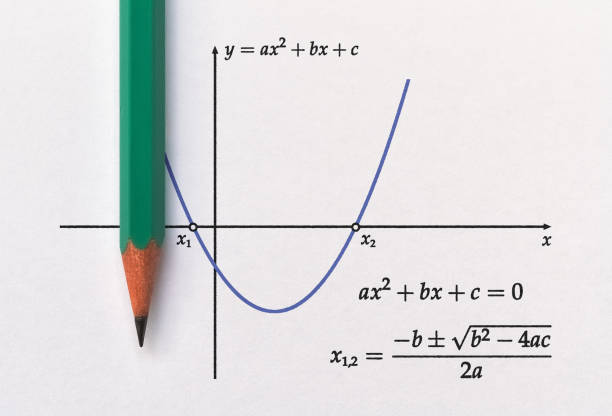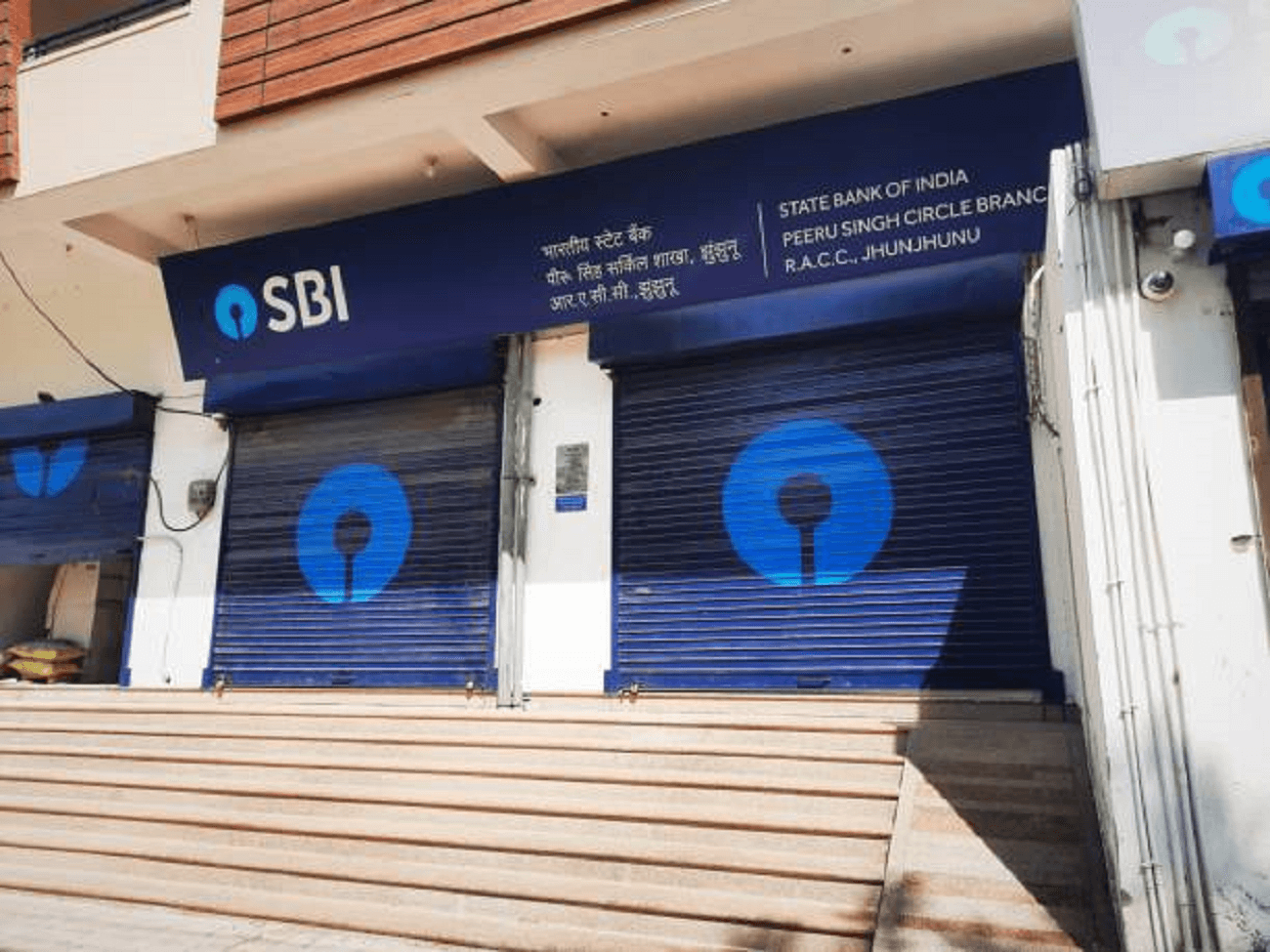Important Topics and Tips to Prepare Quantitative Aptitude for SBI PO Exam
The State Bank of India conducts a recruitment exam for hiring Probationary Officers every year.
The Quantitative Aptitude for SBI PO Exam is one of the most anticipated exams among Indian youth. Regardless of the notice, lakhs of students prepare for the SBI PO exam. While each section is equally significant for clearing the SBI PO exam, many aspirants find the quantitative aptitude section to be the most difficult one.
On that note, let’s discuss a few important topics that you must focus on and a few simple yet crucial tips to follow in order to ace the Quantitative Aptitude for SBI PO Exam section in the SBI PO exam.
Top Five Quantitative Aptitude for SBI PO Exam Important Topics
Simplification and Approximation
Simplification and Approximation are the most crucial topics for Bank PO Exams. You can expect at least 5 to 10 questions in the SBI PO exam.
You must brush up on your calculation abilities to solve Simplification and Approximation Questions for SBI PO and other banking exams; you must perform calculations faster and more precisely than others.
The different types of simplification questions asked in the exam include fraction-based simplification, Power Based Simplification, root-based simplification, Decimal Based Simplification, and so on.
Number Series
Number series questions are frequently asked in Bank exams especially PO exams. As per last years’ 3 years SBI PO paper analysis and trend, it is very possible that 4 to 5 questions will be of number series in the upcoming exam.
A number series question is one in which a series is given and the answer can be found in one of two ways. Either you have to find the missing number in the series or the incorrect number in the series. Let’s have a look at the different types of questions on each form to get a better understanding.
These questions that appear in bank and insurance exams are based on numerical sequences that follow a logical rule/pattern based on basic arithmetic concepts. A specific sequence is provided from which the pattern must be deduced. Then, using the same approach, you must anticipate the next number in the sequence.
There is a numerical sequence in which a number has been placed erroneously. You have to figure out which of the numbers is inaccurate. A numerical series that is complete is followed by a numerical series that is incomplete. You must solve the partial numerical series using the same method as the entire numerical series.
Different types of Number Series asked in banking exams include Arithmetic Series, Mixed Series, Perfect square series, Perfect Cube Series and others.
Data Interpretation
Data Interpretation consists of a table or graph in which there is data given to study, based on which the questions are asked. There can be around 10 to15 of data interpretation which can easily fetch you 10 to 15 marks if you are able to analyze the graph or data table quickly and accurately.
The majority of questions revolve around finding Percentage, Find Mean value and Ratio & Proportion. So, you should be thorough in these chapters to ace through Data interpretation questions.
Also Read 8 Major Benefits of Informal Education in Today’s World
Quadratic Equations

New pattern-based Quadratic Equation Questions are now being asked in the SBI PO exam, which are high-level and can be based on root-based quadratic equations and general quadratic equations, determine the root values, and compare them.
One of the most popular topics in SBI PO Pre 2021 is quadratic equations. In the Quantitative Aptitude for SBI PO Exam portion, questions on quadratic equations are asked. Two quadratic equations in two separate variables are supplied in most cases. To find the relationship between the two variables, we must solve both quadratic equations.
Arithmetics
It’s a very important topic for SBI PO Aspirants to practice. Miscellaneous Arithmetic Questions are generally called Word problems which belong to Average, Percentage, Ratio and Proportion, Profit and Loss, Interest and more.
You are advised to practice enough questions and be proficient in the aforementioned topics.



